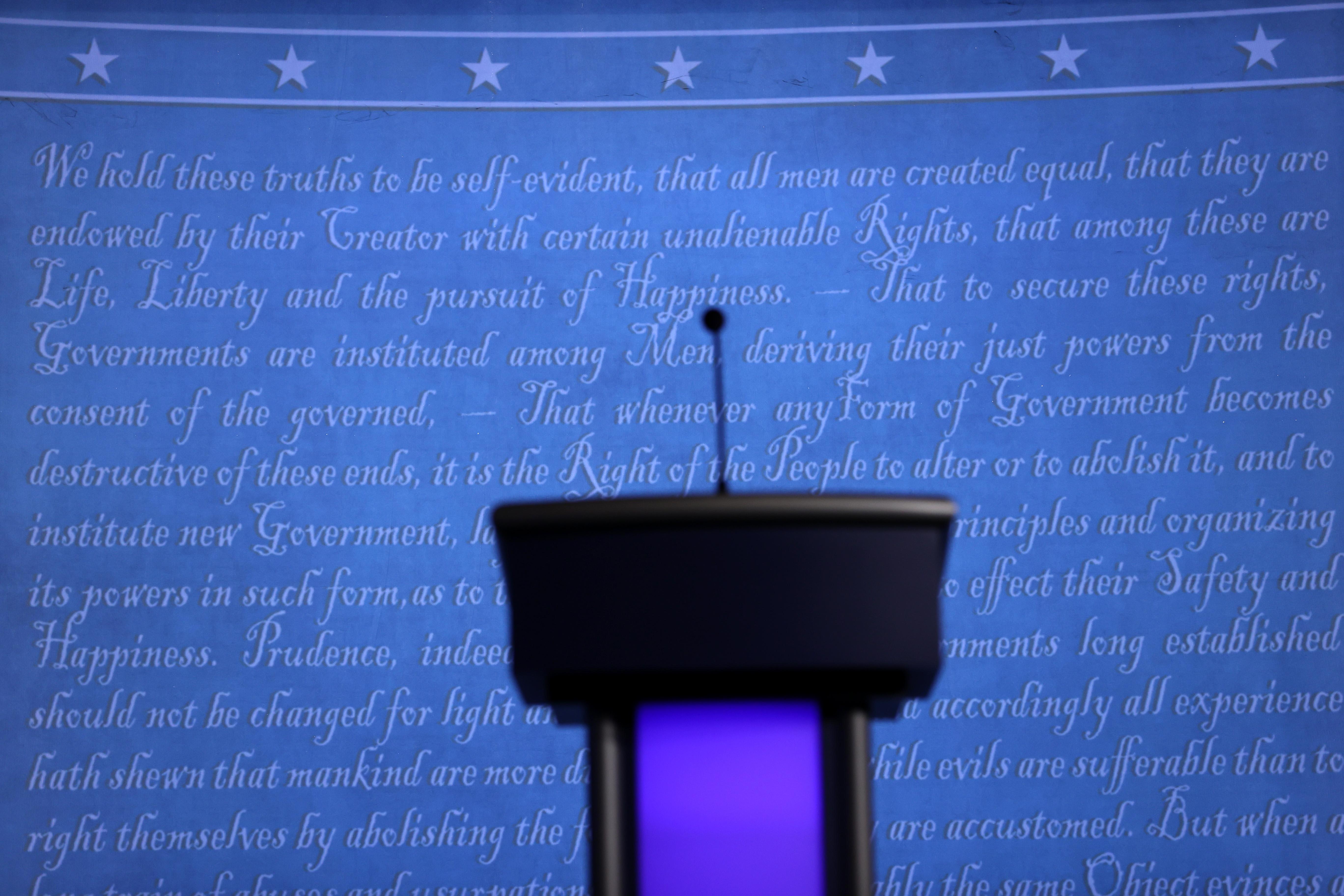Are Rally IPOs Legit in the Age of NFTs and How Are They Different?
Investors can trade practically anything these days. Soon, that will include an official copy of the Declaration of Independence on Rally.
May 3 2021, Published 12:06 p.m. ET
The trading platform for collector's items, Rally Rd. has announced its own public offering, which could be worth upwards of $2 million. The platform plans to sell shares of a rare copy of the Declaration of Independence that's currently privately owned.
This move puts Rally in the spotlight. Investors wonder whether the platform is legit and how its equity differs from the NFTs we've grown to know and love.
Whether or not Rally is legit.
According to the company's website, "Rally is a platform for buying & selling equity shares in collectible assets."
Usually, investors use the platform to trade shares of classic cars, baseball cards, and other types of valuable assets. The corporation, RSE Collection LLC, was founded in 2016 by CEO Christopher Bruno, CFO Maximilian Niederste-Ostholt, and chief product officer Rob Petrozzo.
Since then, Rally has gone on to amass $26.9 million in funding according to Crunchbase. Backers include Social Leverage (a Robinhood backer), Alexis Ohanian (Reddit co-founder), and Upfront Ventures (a thredUP backer).
All in all, the company is legitimate. However, investors will need to determine whether positioning themselves in the collectibles market (which isn't the same as the public market) is worthwhile. In an NFT-happy world that digitizes collectibles, many may find the juice is worth the squeeze. Keep in mind that Rally requires new investors to stay in their position for at least 90 days before exiting.
The Declaration of Independence IPO allows investors to bet on a tangible asset.
Rally expects to launch the Declaration of Independence IPO sometime this month. The company plans to sell 80,000 shares of the rare document for $25 each, which values the offering at $2 million.
Because this type of trading is rooted in the perceived value of a tangible asset, the potential for growth isn't tied to earnings or capitalization. This could make the value of each equity share skyrocket. In the same vein, it can lose value just as easily.
Right now, many Americans are concerned about inflation. That's one of the reasons why so many people are interested in collectibles (even trading legend Topps plans an IPO worth $1.3 billion). By placing your money in assets that can appreciate over time, you might be reducing the risk of depreciation. Of course, that's only the case if the asset you're investing in continues to increase in value.
How Rally IPOs differ from NFTs
NFTs are non-fungible, or non-replaceable with another token. This means each token is tied to a particular digital asset (like the Disaster Girl meme that recently sold for $500,000).
However, Rally sells equity shares of collectible items that aren't tied to the blockchain, but rather "companies" derived from these items. For the Declaration of Independence IPO, all 80,000 shares are the same as one another. While the stock value is related to the value of the asset that those shares are tied to, those shares are interchangeable.
Purchasing an NFT usually requires shelling out a ton for the total price of the digital asset. Meanwhile, Rally's IPOs allow investors to bite a small fraction of a collectible, which makes them more affordable for the general public.


